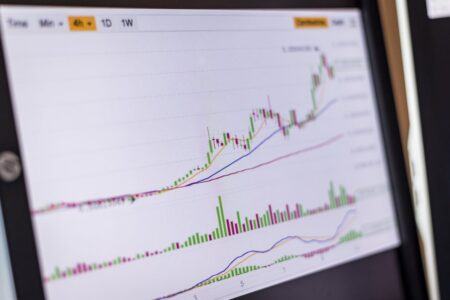Sam Bankman-Fried (aka “SBF”), the former cryptocurrency entrepreneur behind the fallen exchange FTX, was sentenced on March 28 to 25 years in prison for a series of financial frauds. In recent exclusive correspondence with ABC News, Bankman-Fried conveyed a deep sense of remorse for his actions, which precipitated one of the most dramatic downfalls in the crypto industry.
The sentence concludes a tumultuous 17-month period that began in November 2022 when FTX, once a leading global cryptocurrency exchange, collapsed, leading to an $8 billion loss for its customers. According to the report by ABC News, Bankman-Fried’s resignation followed the implosion, and the company’s new ownership promptly filed for bankruptcy. The report details how prosecutors accused him of misappropriating funds from FTX customers for personal gain, political contributions, and various investments. Last November, he was found guilty on multiple charges, including fraud, conspiracy, and money laundering, which culminated in his recent sentencing.
Throughout the past weekend, SBF communicated with ABC News via email from the Metropolitan Detention Center in Brooklyn, reflecting on the series of “bad decisions” in 2022 that led to FTX’s insolvency. The ABC News report quotes him admitting his failure to uphold the high standards he set for himself, despite not believing his actions were illegal at the time:
“I never thought that what I was doing was illegal. But I tried to hold myself to a high standard, and I certainly didn’t meet that standard.“
During his sentencing, as mentioned in the report, U.S. District Judge Lewis Kaplan criticized SBF for perjury and evasion in his testimony, noting a lack of remorse for his “terrible crimes.” Contrary to the judge’s remarks, SBF expressed to ABC News his regret and the daily burden of seeing the despair and frustration of thousands of FTX customers whom, he believes, deserve full compensation.
SBF shared with ABC News the personal toll of the company’s collapse, including the impact on his co-workers and the charities he had supported, which now suffer from reputational damage. He lamented the limitations of his current situation, imprisoned and unable to contribute positively to rectifying the damage caused:
“I’m haunted, every day, by what was lost. I never intended to hurt anyone or take anyone’s money. But I was the CEO of FTX, I was responsible for what happened to the company, and when you’re responsible it doesn’t matter why it goes bad. I’d give anything to be able to help repair even part of the damage. I’m doing what I can from prison, but it’s deeply frustrating not to be able to do more.“
In his statement to the court, highlighted by the ABC News report, SBF argued that an alternative leadership continuation at FTX could have facilitated customer reimbursements much earlier. He criticized the decision not to revive the FTX exchange, which he believed could have generated long-term value and ensured full repayment to customers, lenders, and investors.
The ABC News report also touches on SBF’s allegations against Sullivan & Cromwell, the law firm representing FTX’s new ownership. He accused the firm of bias in collaborating with prosecutors and restricting access to crucial FTX documents, contributing to what he perceives as an unfair trial. A spokesperson for Sullivan & Cromwell responded to these allegations by referring to Judge Kaplan’s sentencing remarks, where Kaplan dismissed SBF’s attempts to shift blame to legal and bankruptcy processes instead of accepting responsibility for his actions.
SBF plans to appeal his conviction later this year, citing issues with trial testimony and restrictions on presenting evidence and witnesses. He remained non-specific about the details, citing concerns over affecting his defense team’s strategy.








